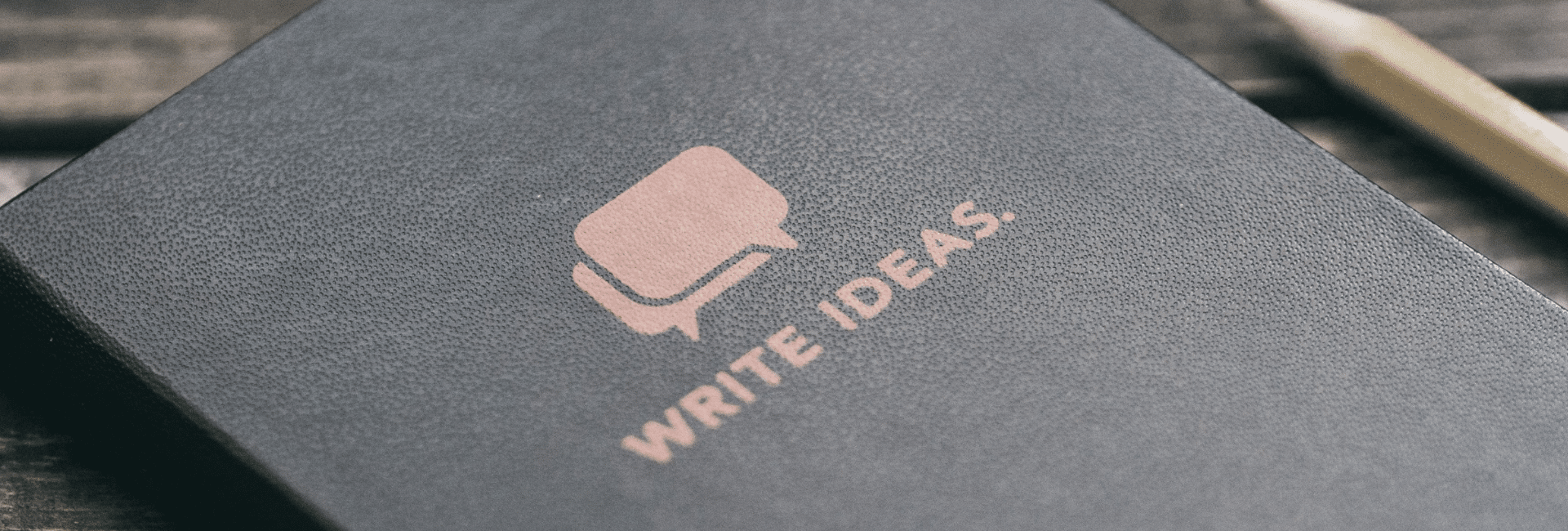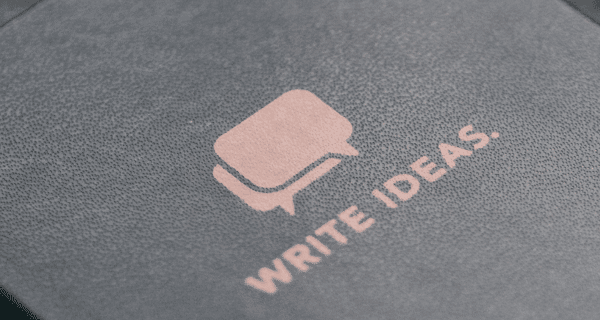
Used under a Creative Commons Licence
Why Copyright Law in Australia Protects Real Creations—Not Just Clever Concepts
Ever wondered, “How do I protect my great idea?” or “Can I copyright a business concept or dance routine?” If so, you’re among countless Australians who Google these questions every day.
In Australia, copyright law is both simple and sneaky: protection is automatic, strong, and free—but only if you know the rules. If you want to protect a logo, set of lyrics, or even a dance, there’s an essential first step most people miss: put it in material form.
Or as the iconic legal saying goes, “Copyright does not protect an idea itself, only the particular form in which an idea is expressed.”
Still not convinced?
“An idea can be kept, but if you want to copyright it, you’ve got to let it out.” (paraphrasing the Hon. Michael Kirby)
Let’s break down what this means—because terms like “decriminalisation”, “licensing” and “prohibition” are only the start.
What Exactly Is Copyright in Australia?
In Australia, copyright is governed by the Copyright Act 1968. Protection:
- Is free and automatic—no registration, form, or cost involved.
- Applies to “works” (e.g. books, music, art, films, sound recordings, software) as soon as they’re fixed in material form (written, recorded, filmed, drawn, etc).
- Does not apply to ideas, names, titles, or slogans. In other words, you can’t copyright mere concepts or plans.
What do you need to be protected under Copyright Law?
Now that we know how copyright applies, the next question is what do you need to have to qualify for copyright protection?
Your “idea”:
- Written down, such as in lyrics, a book, or a business plan.
- Recorded—audio for music, video for choreography, digital code for software.
- Drawn or visually represented—a logo sketch, an architectural drawing.
- Fixed in any way that makes it more than a thought or conversation.
So how does this apply in real life?
Here are some tips that are by no means comprehensive:
- Dance routine? Video it!
- Lecture or speech? Record it, or turn it into a written script.
- Business concept or logo? Draw it, diagram it, write instructions. Talking about it alone will not protect it and that is the key point to remember.
Copyright doesn’t cover all things creative
Now that we know the above, you will be wanting to know what you can copyright.
This includes:
- Drawings, photographs, logos in artistic form
- Scripts, books, blog posts, reports
- Musical works (scores and recordings)
- Films, broadcasts, digital designs, codes
But you can’t copyright:
- An idea, style, or concept (e.g. “a show about funny pets”)
- Facts or generic information
- Processes
How Long Does Australian Copyright Last?
Generally:
- Creator’s life + 70 years for literary, musical, and artistic works.
- 70 years from first public release for sound recordings and films.
- After that, it’s public domain—anyone can use it.
TIP
Most of the time, copyright in Australia lasts for the creator’s life plus 70 years (for things like books, artwork, or music), and 70 years from release for films and sound recordings. But there are exceptions—sometimes the rules change depending on how the work was published, who made it, or when it first came out. If you need to be certain about something specific, it’s smartest to ask a copyright lawyer, because details can make all the difference
Copyright Notices – ©
You don’t need to include a copyright notice on your work for it to be protected—it’s automatic in Australia. But using a notice is still smart: it warns others not to copy, helps prove you’re the owner, and makes it easier for people to contact you for permission. In short, a notice acts as a friendly “keep out” sign—even though the law protects you whether you post it or not.
Record-Keeping Tip for copyright creators
“Art begins with a vision, but copyright begins with a record” said English author, Lynne Truss. Whether you’re an artist, designer, writer or entrepreneur, keeping clear, dated records of your creative process is your best protection. Save versions of your work, back up drafts and screenshots, keep emails showing when you created it, and store everything in secure, timestamped folders or cloud services. Yes, it can get tedious, but these types of habits can later prove your strongest evidence if anyone ever copies your work. Lawyers certainly love you to have it!
What if your work has been copied?
What to Do If You Think Someone Has Copied Your Work
Seeing your photo, design, artwork, or writing pop up somewhere else without permission can be upsetting. It’s easy to feel angry or confused about what to do next — but acting too quickly can sometimes make things worse.
The truth is, copyright law is complex. While it does give you strong rights, knowing how and when to use them is where things can get tricky. That’s why it’s important to pause, gather your facts, and speak with a lawyer before taking any action.
Start by collecting your evidence. Save screenshots, links, and any copies of your original work — including drafts, emails, or files that show when you created it. These records will help prove ownership later if you need to.
Next, be careful before deciding it’s definitely “copying.” Two works can look or sound alike by coincidence, or they might draw on common ideas or references. A copyright lawyer can help you work out whether what’s happened meets the legal tests for infringement — such as “substantial similarity” and “causal connection.” These aren’t always easy for non-lawyers to apply.
Most importantly, don’t rush to send an angry email or post about it online. Under Australian law, making what’s called an unjustified threat — accusing someone of copyright infringement when there’s no solid legal basis — can actually backfire. You could end up having to pay the other party’s legal costs.
For more about what can go wrong read this: Think before you type: by Sharon Givoni — The Exchange SOCIETY
A copyright lawyer can guide you through your safest options.
Depending on the situation, you might be able to:
- Ask for the copied material to be taken down;
- Negotiate a payment or licence for its use; or
- Claim damages if you’ve suffered financial loss
In many cases, a quiet, well-handled resolution achieves more than a public dispute
Legal Tip: Be careful before sending out accusations
Before you accuse someone of infringement, talk to a copyright lawyer who understands the tests courts use to decide what counts as copying. Sending an “angry email” or public accusation can sometimes be classed as an unjustified threat, which may result in you having to pay the other party’s legal costs. A good lawyer will help you take firm but safe steps.
Wrap up
In the world of copyright, knowing your rights and responsibilities is only half the story.
Whether you’re an artist, designer, musician, craftsperson, jeweller, dancer or business, taking that extra step—recording your work, understanding the difference between ideas and expression, and seeking expert help when unsure—can be the smartest investment you’ll ever make.
Australian copyright is automatic, but enforcing your rights and making the law work for you requires practical action and clear guidance.
If you want peace of mind, or your creative work and business protected, don’t just Google—reach out to us at Sharon Givoni Consulting.
Further Reading:
Attorney-General’s Copyright Guidance:
https://www.ag.gov.au/rights-and-protections/copyright
Copyright for Creatives:
https://guides.library.unisa.edu.au/copyrightforcreatives/protecting
Business.gov.au Copyright Fact Sheet:
https://business.gov.au/planning/protect-your-brand-idea-or-creation/copyright
Copyright Basics for artists and designers
https://www.cassdeller.com.au/journal/copyright-basics-sharon-givoni
AI & Copyright in Australia: What Artists and Businesses Need to Know
https://sharongivoni.com.au/ai-and-copyright-in-australia-what-artists-and-businesses-need-to-know/
The Dangers of Posting on Social Media (Seafolly v Madden case analysis)
https://www.owningit.com.au/post/do-not-post-unless-you-are-certain-about-what-you-are-saying-the-dangers-of-posting-on-social-media
Please note the above article is general in nature and does not constitute legal advice.
Please email us info@iplegal.com.au if you need legal advice about your brand or another legal matter in this area generally.


